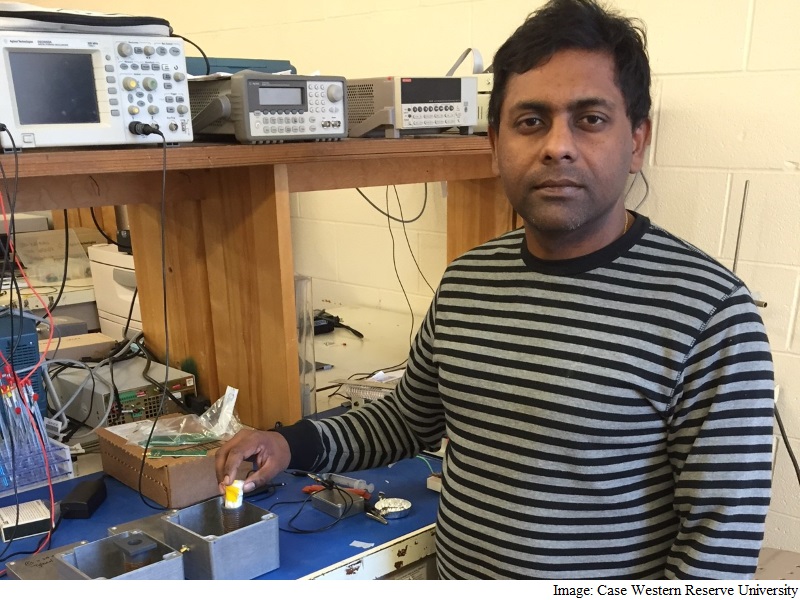New Portable Device to Help Detect Tainted Medicines, Supplements
Advertisement

An Indian-origin researcher is developing a low-cost, portable device to detect tainted medicines and food supplements that otherwise can make their way to consumers.
"There is a big problem with counterfeit and sub-standard medicines in poorer countries, particularly in Africa and Asia," said Soumyajit Mandal, assistant professor at Case Western Reserve University in Ohio, US.
Mandal and his collaborators are developing a small, box-like detector that has been preliminary tested in field trials.
"Current results are very promising and have advantages over competing methods," Mandal said.
"The required instrumentation is simple and low-cost, compared to other analytical techniques, such as optical spectroscopy," he noted.
Advertisement
The device uses Nuclear Quadrupole Resonance (NQR) spectroscopy, a non-invasive and non-destructive analytical technique for medicines and supplements in pill or powder form.
Mandal's research team proposes what it calls a "chemometric passport approach" for quality assurance.
Advertisement
Data on packaged medicines will be derived from a spectroscopic analysis performed at the point of manufacture.
The contents of the packet will later be authenticated by matching the results of another spectroscopic analysis using unique chemical identifiers from a reference spectrum.
Advertisement
Authentication information can be accessed either from a secure database stored in the cloud, or from information encoded directly within the product barcode. The absence of a match triggers a "contents don't match the label" alarm on the testing device.
Mandal said that capability would be particularly useful at customs checkpoints and postal sorting offices when a barcode might not be visible.
"The work builds on - and improves - a related project introduced in Europe a few years ago to create a portable, low-cost detector for medicines," he said.
Mandal said the detector he and his colleagues are developing is much more flexible (capable of analysing a wide variety of medicines and dietary supplements), and more sensitive or capable of measuring smaller quantities.
The findings will be published in the journal IEEE/ACM Transactions on Computational Biology and Bioinformatics.
For the latest tech news and reviews, follow Gadgets 360 on X, Facebook, WhatsApp, Threads and Google News. For the latest videos on gadgets and tech, subscribe to our YouTube channel. If you want to know everything about top influencers, follow our in-house Who'sThat360 on Instagram and YouTube.
Advertisement
